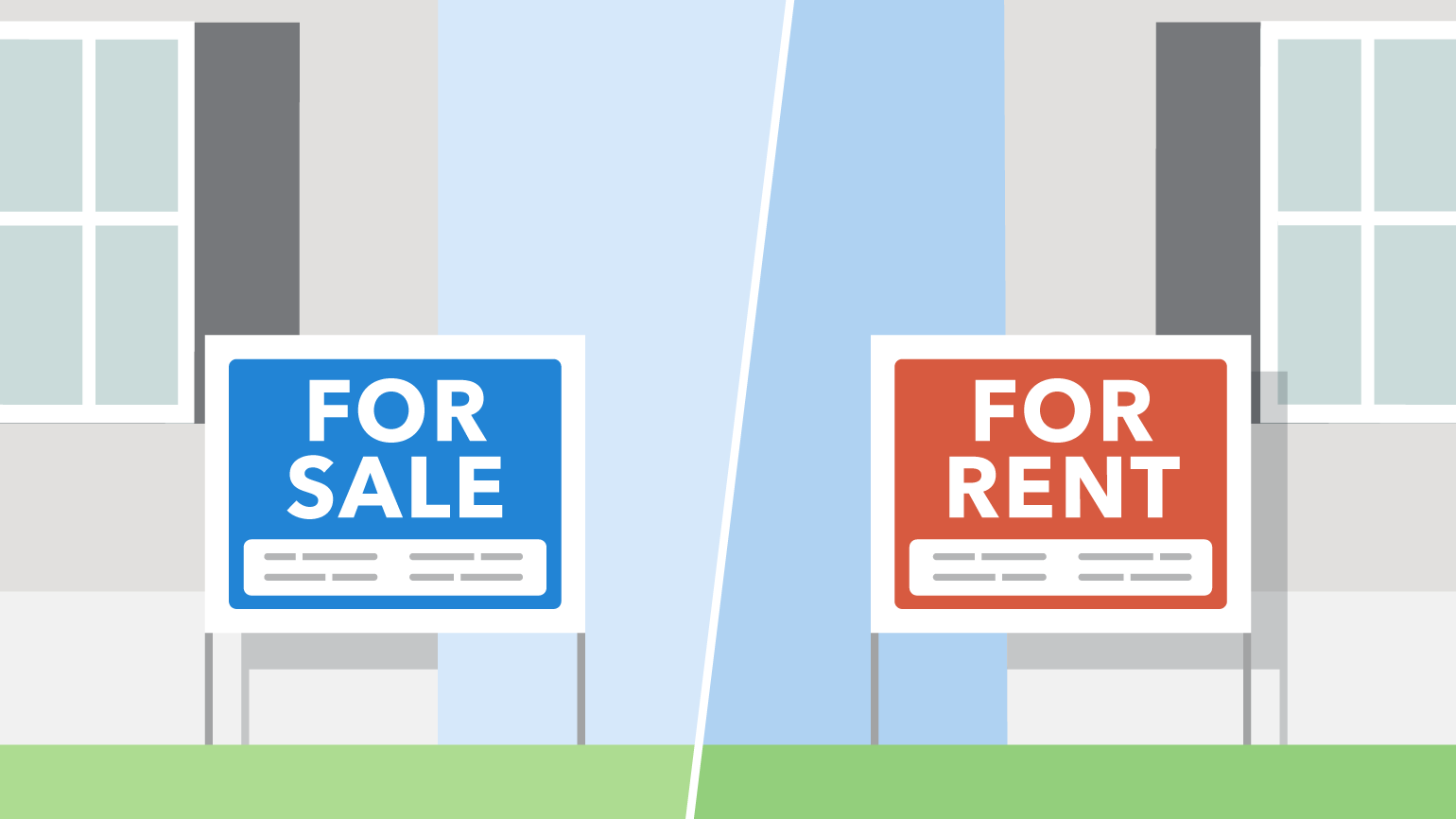You studied four years in medical school — studying endless information, working long hours, and answering tough questions. You matched into a residency program, and you’re moving to a new city to start the next step in your career. But now you’re faced with a question that you might not be able to answer, no matter how much studying you did in medical school.
As a resident, should I buy a house or continue renting?

Our team of doctors at Doc2Doc Lending knows a thing or two about this decision, having all been there themselves.
Dr. Timothy Flanagan, Strategic Advisor at Doc2Doc Lending and an anesthesiology resident in the Boston area, believes you should really consider these four main factors before buying a house:
- Location and Commute
- Length of Residency
- Direction of the Area’s Housing Market
- Personal Home Life

Hospital Location and Commute
Residency requires being in the hospital almost every day, so it’s important to minimize the commute from home to hospital. At the end of the day, you want to avoid long commutes to and from work every day, especially with the extensive hours that residency requires.
Length of Residency / Fellowship Program
For shorter residencies, it might make more sense to rent a house. This avoids the hassle of buying, closing, and selling within a short amount of time. There are also multiple transaction costs associated with buying a home—such as property taxes, homeowner’s insurance, and inevitable maintenance repair costs—that might make buying a house in the short term less appealing.
For longer residencies (5-, 6-. 7-years) buying a house might be a better long-term option. If a residency is no more than 5 years, you might also be able to get a lower monthly payment by looking at 5-, 6-, or 7-year adjustable-rate mortgages rather than a 30-year fixed-rate mortgage, especially knowing you may be leaving in just a few years.
Direction of the Area’s Housing Market

This is tricky. Currently, the housing market is very good and seems to be trending up. However, it’s difficult to tell if this will be the case by the end of your residency.
Of course, there are financial risks for buying a house. For instance, a market downturn that drives the value of property down.
Dr. Flanagan, a native of the Boston area, bought a house during residency. “We felt like we knew the Boston housing market pretty well just because I grew up here...everything seems to go up around here. That was how we pushed ourselves towards the decision to buy a house.”
Do local housing market research to inform your decision on whether to buy or rent.
Personal Home Life
Everyone must look at their own individual factors. For Dr. Flanagan, when he and his wife made the decision, they had at least one stable income (his wife’s attending job), one kid (expecting a second) and two dogs.
Based on Dr. Flanagan’s personal experience: “Finding a three-bedroom place (to rent) that allowed dogs in and of itself is difficult.” Circumstances outside of the hospital are different for everyone.
Summary
The decision to buy a house during residency is a complicated choice that takes lots of consideration and deliberation by all parties involved. It is important to remember that the situation is unique for everyone, due to location, type of residency, and many other factors. Regardless, Doc2Doc Lending is there to help finance your goals the whole way.


